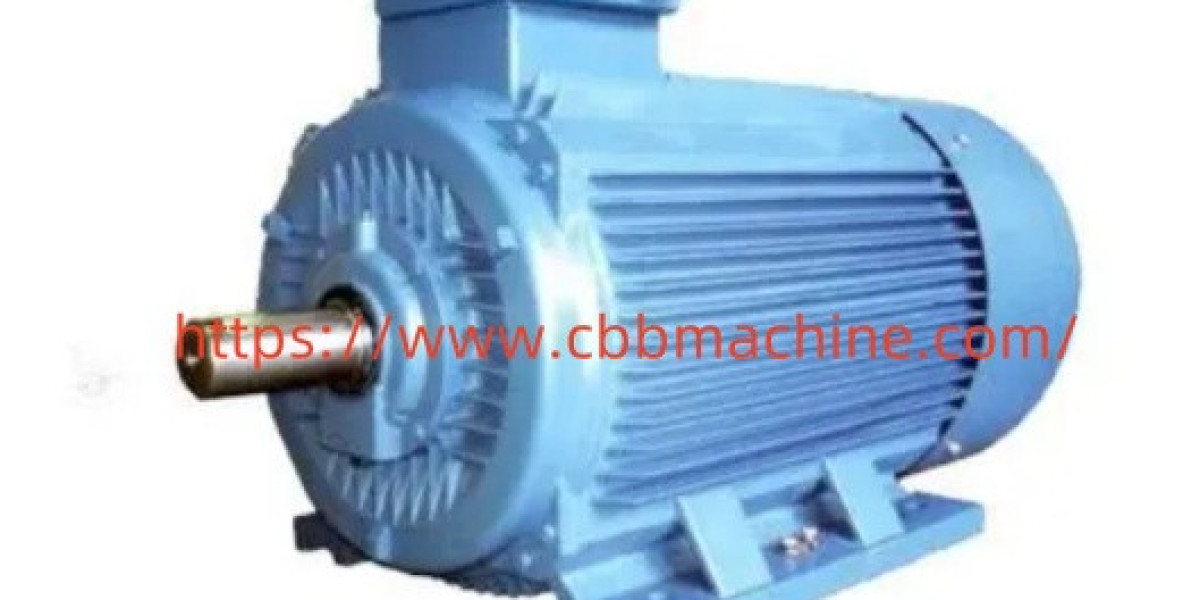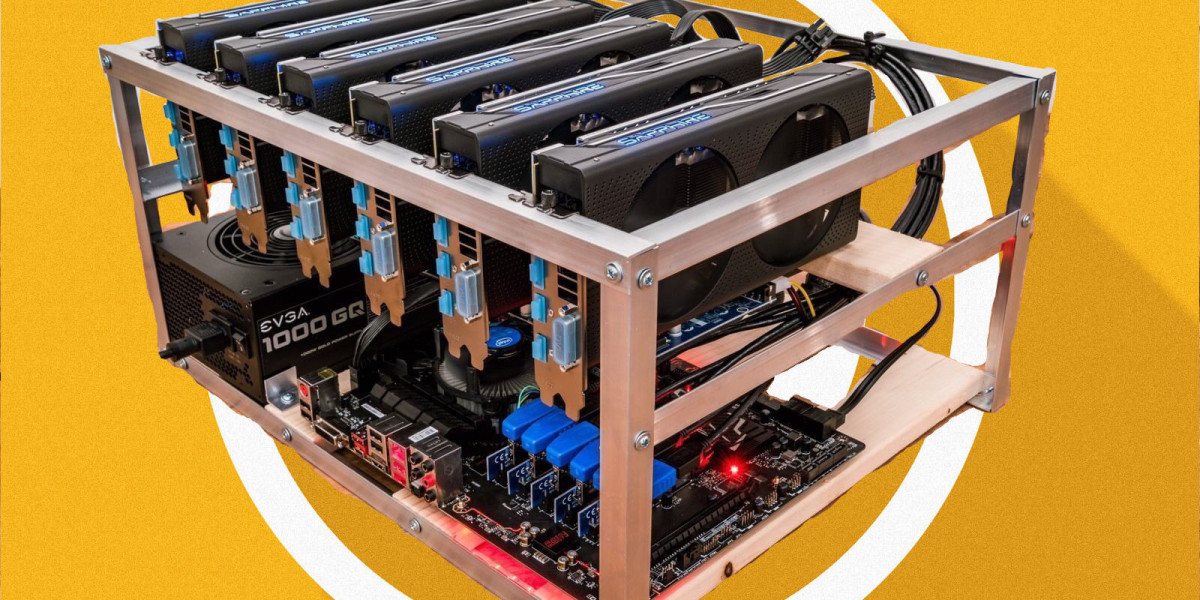In modern automation and industrial applications, the Electric Torque Motor has become an essential component in achieving precise control and stable mechanical performance. This specialized motor design offers a consistent and controllable torque output, making it suitable for demanding systems that require accuracy and responsiveness during operation.
Unlike traditional motors that prioritize speed, torque motors focus on maintaining constant rotational force at various load levels. This capability makes them ideal for winding machines, printing systems, packaging lines, and tension control equipment. They provide smooth performance with minimal vibration, ensuring both efficiency and durability even under continuous workloads.
One of the defining features of torque motors is their direct-drive structure. By eliminating intermediate transmission components such as belts or gears, they reduce mechanical losses and enhance positional accuracy. This not only simplifies equipment design but also improves energy efficiency, resulting in more reliable long-term operation.
In high-performance applications, such as automatic winding or coating machinery, maintaining consistent torque is crucial to product quality. The motor's precise feedback control allows for gentle handling of materials, preventing stretching, slipping, or tension variations. These advantages contribute to better production outcomes and reduced waste in manufacturing environments.
Another key strength of these motors lies in their versatility. They can be integrated into compact machines or large-scale systems with equal ease. Engineers can adjust parameters such as torque limits and rotational direction to fit different applications without mechanical modifications. This flexibility supports innovation across industries including electronics, textiles, film production, and more.
Maintenance and reliability also define the success of modern torque motor systems. Since they operate without traditional wear components, downtime is significantly reduced, and service intervals are extended. With fewer moving parts and precise control electronics, these motors ensure stable output while minimizing energy consumption and noise.
Moreover, as sustainability becomes an industrial priority, energy-saving designs are being increasingly adopted. The torque motor's direct efficiency contributes to lowering operational costs and reducing environmental impact. Manufacturers are also developing smart monitoring systems that track performance in real-time, allowing predictive maintenance before any potential fault occurs.
In conclusion, torque motors represent a combination of precision, efficiency, and dependability. Their contribution to automation technology continues to grow, supporting industries that rely on continuous and accurate torque delivery. To explore more about advanced motor technology and related mechanical systems, visit https://www.cbbmachine.com/.








